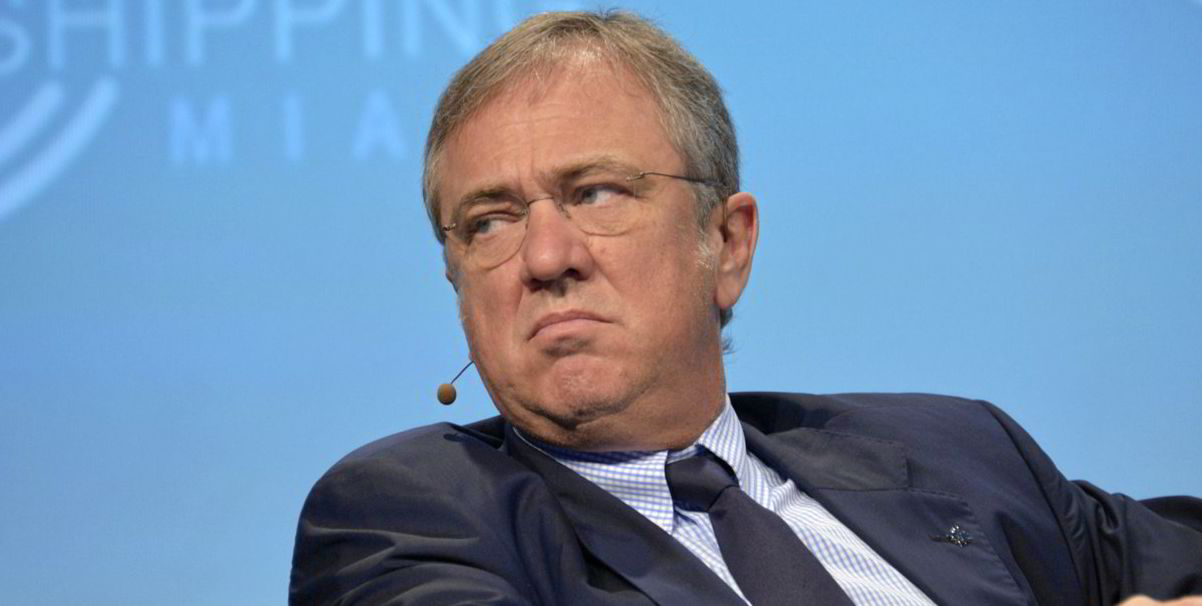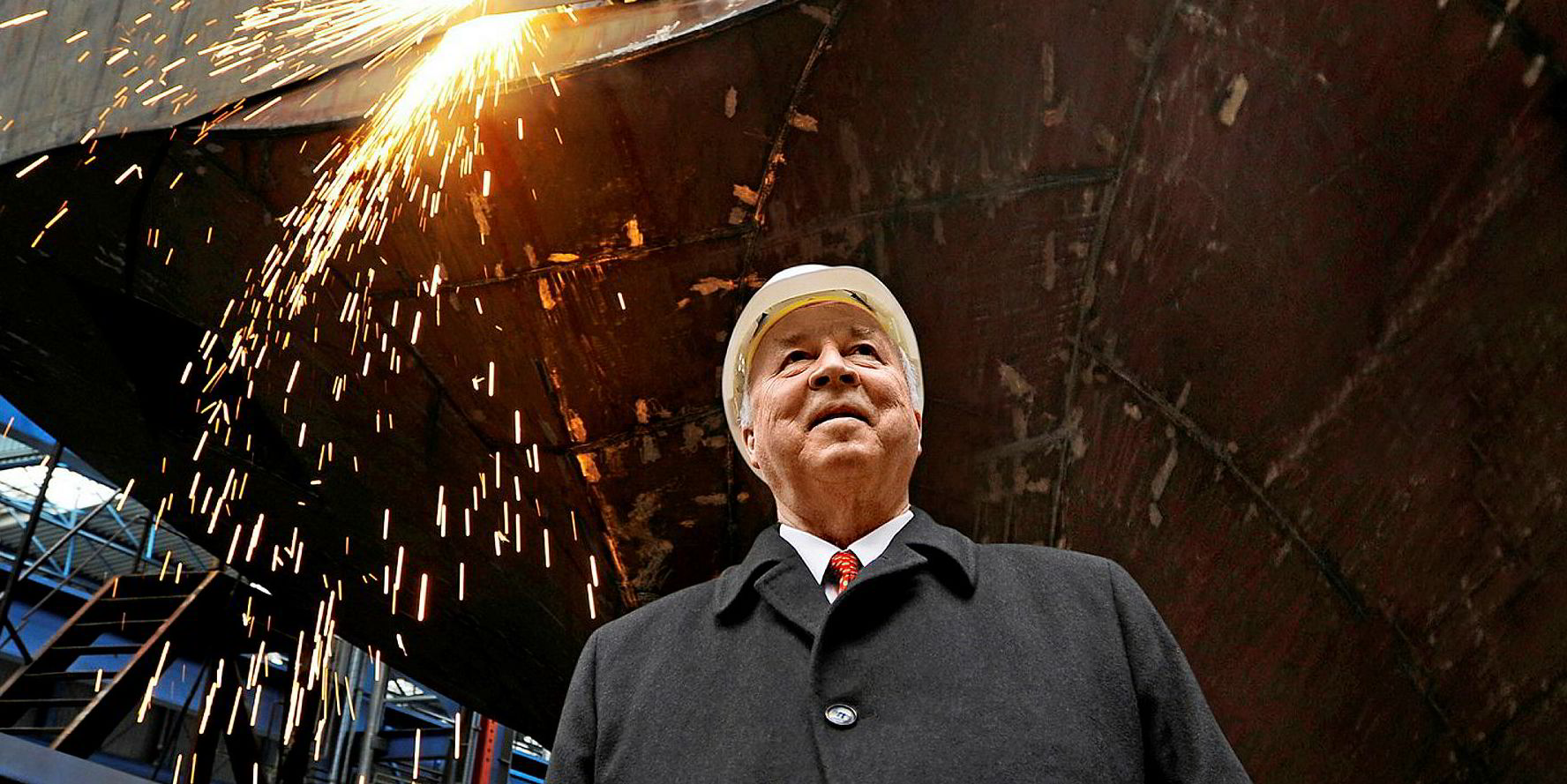Mediterranean Shipping Co (MSC), Fincantieri and SNAM have unveiled plans to carry out an initial 12-month feasibility study into the potential for hydrogen-fuelled cruiseships.
On Monday, the three companies signed a memorandum of understanding to jointly determine the conditions for the design and construction of such a vessel.
These include arranging ship spaces to accommodate hydrogen technology and fuel cells, technical parameters of onboard systems, calculating the potential greenhouse gas emissions savings, and a technical and economic analysis of hydrogen supply and infrastructure.
Few other details about the project were disclosed other than it forms part of MSC’s efforts to achieve net carbon-neutral operations by 2050.
“Green hydrogen can be produced without fossil fuels, using renewable energy to split water in a process called electrolysis and can therefore be emissions-free on a full lifecycle basis,” the three companies said in a joint statement.
“This type of 'green' hydrogen holds great potential to contribute to the decarbonisation of the shipping industry, including cruising, whether in its pure form or as a hydrogen-derived fuel.”
Pierfrancesco Vago, executive chairman of MSC Cruises, said hydrogen production levels currently remain low and hydrogen fuel is still far from being available at scale.
“With this project, we’re taking the lead to bring this promising technology to our fleet and the industry while sending the strongest possible signal to the market about how seriously we take our environmental commitments,” he said.
“As we advance with the development of the maritime technology required, we will also see that energy providers take note and ramp up production to unlock this, and that governments and the public sector step in to provide the necessary support for a project that is critical to the decarbonisation of cruising and shipping.”
SNAM chief executive Marco Alvera said hydrogen could be a “key enabler” in achieving the target of net-zero emissions in shipping.
Alvera said the energy infrastructure operator was "strongly committed to concrete initiatives for sustainable heavy transport — on road, rail and by sea — promoting the use of renewable gases such hydrogen and bioLNG”.
“This agreement for us is part of a wider strategy to leverage on our experience, competences and technologies in green gases and energy efficiency in order to contribute to the full decarbonisation of the shipping value chain, including ports and logistics, which will be increasingly crucial in our economies,” he said.





